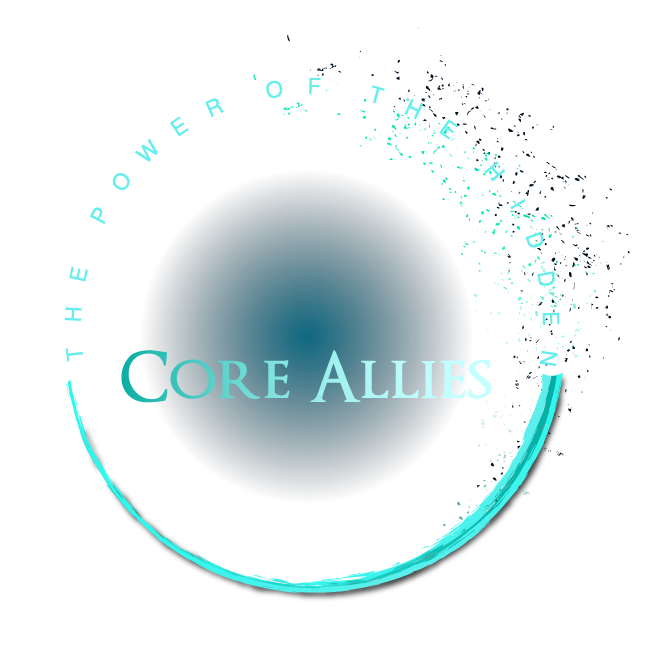Be Memorable
United States, 2010.
Last month, I talked about the importance of always having an “I Wish” or elevator speech prepared so you can turn any social or business interaction into a potential networking opportunity. But what makes a good “I Wish” speech? Over the course of the next few newsletters, I will be giving some tips on how to create an effective speech. Some of the tips will only apply to certain types of “I Wish” speeches—searching for a new job requires a different kind of speech than searching for a new plumber—but I’ll start with a tip that applies to just about any situation.
Consider these two “I Wish” speeches you might use at a party when someone asks what you do:
“Me? I run a personal organizer business and help disorganized people get rid of their clutter. You know, filing things and creating lists and such.”
“I make executives more efficient by streamlining their procedures. I just spent the morning with a CEO who could never find anything in the heaps of papers on his desk, a complete mess. Now everything has a place and it’s going to stay that way, and he’s getting a lot more work done.”
These examples are the kind of thing you might say if you are trying to drum up business as a professional organizer. And if the person you are talking with is a potential client, either speech would do – if they are interested in such a service, they’ll probably tell you and you can go into more detail about how you can help them, or at least give them your card and follow-up at another time.
But much of the value of networking lies in letting others do your work for you. If you can deliver an effective “I wish” speech, then anyone who hears it can become your proxy, thinking of you whenever they encounter a match for your wish. With this consideration, the second of the two speeches is clearly superior. By telling exactly who needs you (business executives who want to be more efficient) and by painting a mental image that will stick in people’s minds (the messy desk being cleared away), you make it much more likely that your listeners will make the connection the next time they encounter a disorganized executive who could use your services.
Make your “I Wish” speech memorable by being specific and creating vivid images.
Including specific details in your “I Wish” speech can bring to life what you are seeking, just as telling details can bring good writing to life. “I want a job in the software industry” is ho-hum; “I want to be the lead programmer on the next YouTube” grabs people’s attention.
Similarly, an “I Wish” speech that creates a picture in the hearer’s mind is more likely to be remembered. Don’t just say you’re a structural engineer; talk about making sure that bridges stay up in all kinds of weather, and make people see that bridge expanding and contracting with the heat and swaying with the wind. When you tell what you do (or would like to do), tell it in a way that lets people picture you doing it.

